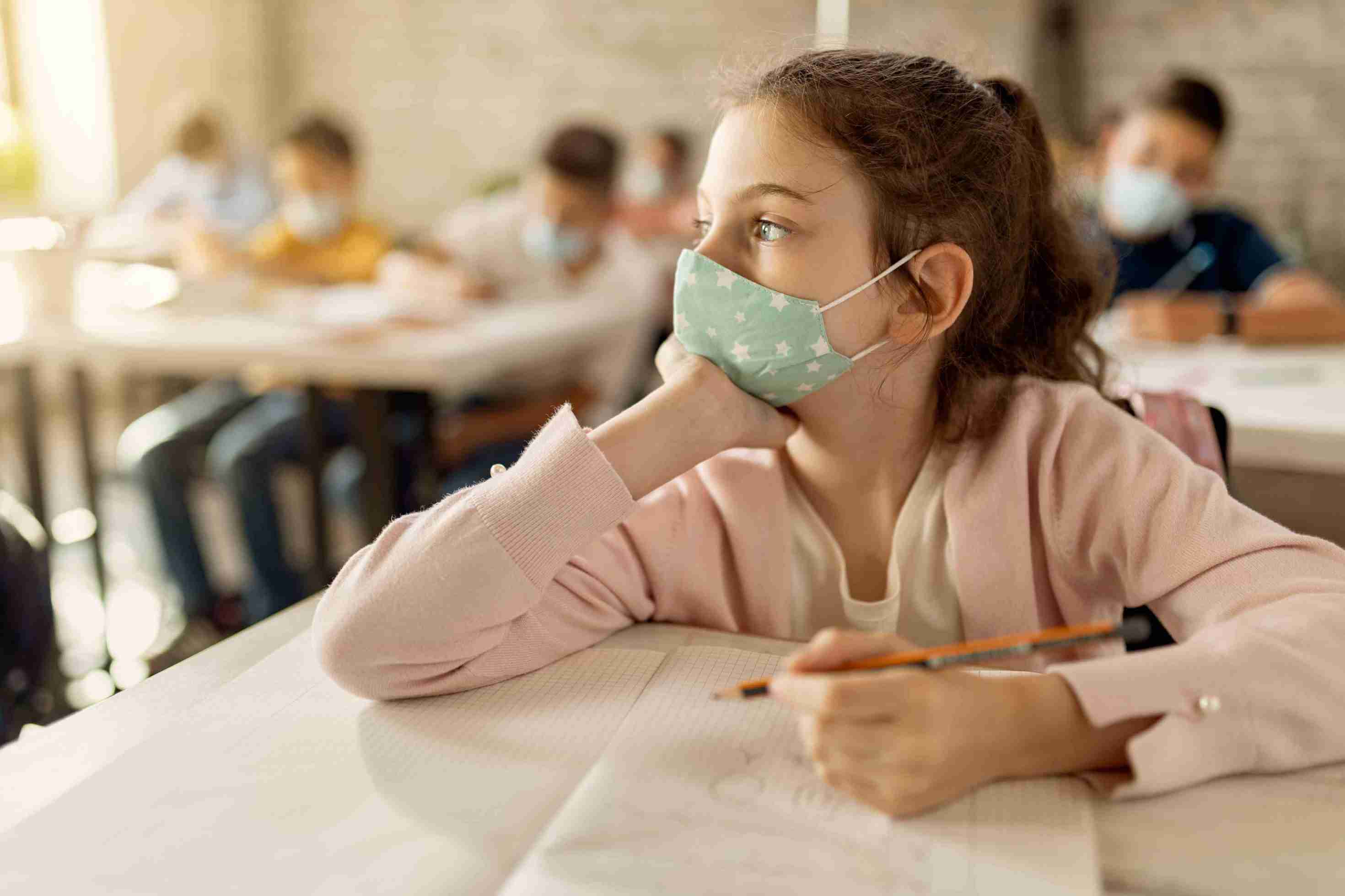Dubai schools and colleges adopt new healthy food guidelines to support student well-being
12 Jun 2025

Dubai is taking major steps toward improving student health by introducing updated nutritional guidelines in schools and colleges. The Dubai Municipality (DM), along with the Dubai Health Authority (DHA), has launched a comprehensive program to ensure healthier meals, better portion control, and improved food safety across educational institutions.
Healthier meals, less sugar, more fiber
Under the new guidelines, schools are required to serve meals that reduce added sugars while increasing fiber content. Water consumption will be encouraged, and food waste minimized. Schools are also being guided to source ingredients locally, promoting sustainability while supporting local producers.
Portion sizes are now standardized, and even tea and coffee servings will be regulated to ensure students receive balanced nutrition throughout the school day.
Food safety education made fun
To help students better understand food safety, Dubai Municipality has launched an interactive e-learning platform called My School Food. Through engaging games and activities, students learn about safe food storage, proper temperatures for food, and basic hygiene practices. Dr Naseem Mohammed Rafie from Dubai Municipality emphasized that children can become ambassadors for safe and healthy eating through these educational tools.
Nutrition in Charge (NIC): A new role in schools
Each school will now appoint a Nutrition in Charge (NIC) – a trained staff member responsible for overseeing menu planning, monitoring food quality, and ensuring compliance with the new guidelines. The NIC will also support canteen staff through ongoing training and address any nutrition-related concerns.
Jumana Shamsudheen, NIC at the School of Research Science, shared that while balancing healthy meals with student preferences can be challenging, occasional treat days help maintain student interest while keeping nutrition a priority.
Self-auditing tools for schools
To ensure continuous monitoring, Dubai Municipality has introduced a smart self-auditing tool. Schools can track their compliance through a smart dashboard that offers real-time data, audit schedules, checklists, downloadable reports, and menu feedback options.
Nationwide initiative to fight childhood obesity
The updated guidelines are part of a wider UAE effort to address childhood obesity. Dr Wafa Ayesh from DHA explained that schools and food suppliers must follow these rules or face penalties. The guidelines cover every aspect of food preparation and service, from nutritional value and food safety to packaging and storage.
Physical education also plays a critical role. Students are required to participate in physical training classes, emphasizing the importance of exercise alongside good nutrition.
Additional safety measures and parental guidance
Parents are encouraged to pack safe, nutritious lunch boxes, using ice packs to prevent spoilage due to Dubai’s heat. Teaching children proper hand hygiene and oral care can also minimize health risks at school.
Experts also advise that school bags should not exceed 10% of a child’s body weight to prevent posture issues. Meanwhile, involving children in meal planning and grocery shopping can foster healthy eating habits early on.
With these comprehensive measures, Dubai is setting a strong example in creating healthier, more informed students who will carry these habits into adulthood.


